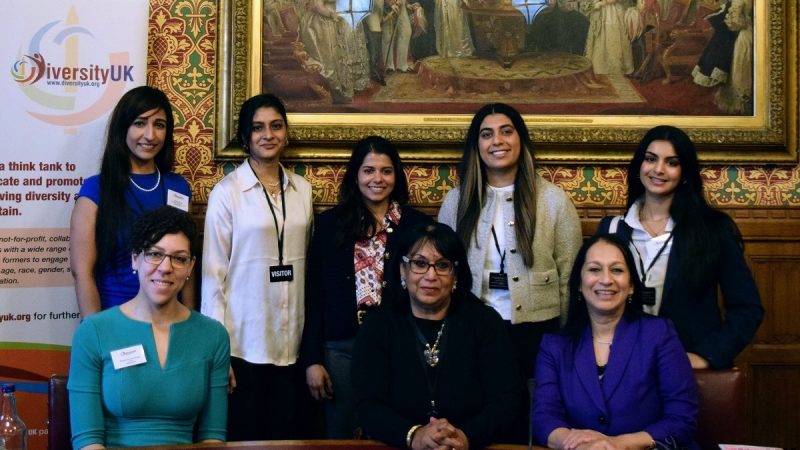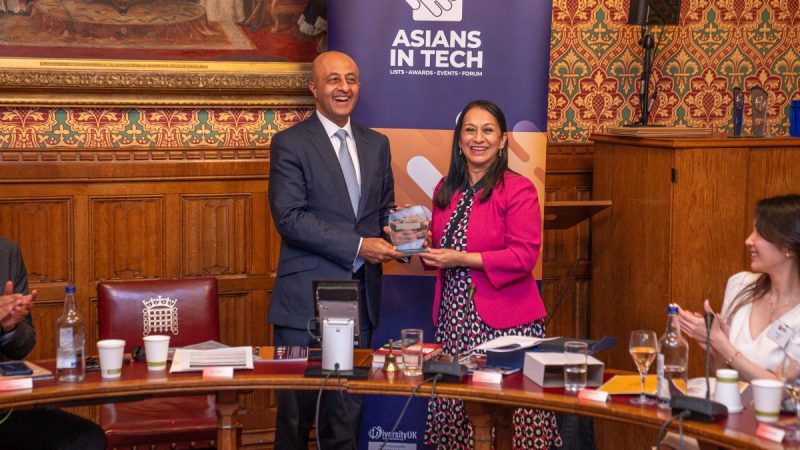STEM ambitions must be matched by commitment to ED&I, say MPs

The Commons Science and Technology Committee calls for action on underrepresentation in STEM “that truly moves the dial” in a new report published today. MPs highlighted acute underrepresentation of people from Black Caribbean backgrounds, and others, across all STEM subjects throughout education and work. A low uptake of physics and computer science in girls at school as well as persistent issues with women’s career progression in STEM also stand out. MPs say it is “sadly notable” that many of the conclusions from a predecessor Committee’s 2014 report on women in science could still apply today.
The Committee recommends a series of changes to education policy, following the Prime Minister’s commitment to grow STEM pupil numbers. MPs call on the new Department for Science, Innovation and Technology to make improving diversity and inclusion in STEM part of its mission, and to set out how it intends to achieve this.
Committee Chair Rt Hon Greg Clark MP said:
“Despite many well-intentioned efforts from Government, research funders, universities and civil society over the years, STEM still has a diversity problem.
“No one intervention can solve this, it is a complex challenge that requires a systemic solution. As well as better data, we need targeted interventions that really make a difference.
“The nascent Department for Science, Innovation and Technology must take up this mantle to achieve its goal of making the UK a science and technology superpower. We are clear that diverse backgrounds, perspectives and ideas don’t just make business sense, they are essential to the fair and just society we want to live in.”
Recommendations for STEM education
The Committee’s inquiry found “no consensus” on the causes of the low uptake of A-level maths (39%), physics (23%) and computing (13%) amongst girls. Some witnesses told the Committee that the imbalance reflected longstanding prejudices in society as to which subjects girls 'should' study, other witnesses said it was girls’ preference, based on career choices and could be caused by boys choosing arts and humanities subjects less.
MPs highlight a role for Ofsted inspections, which should collect data and report on the disparities in subject take-up and attainment across gender, ethnic background, and socio-economic background characteristics as part of its inspection criteria.
MPs heard evidence that the national curriculum constrained efforts to improve representation in STEM. The Committee recommended to update it, where appropriate, to include more diverse examples such as female scientists.
Schools in disadvantaged areas are less likely to have subject specialist teachers. The Committee asks the Government to set a target for every child to be taught STEM subjects by teachers with qualifications in that subject by 2030.
The lack of triple science GCSE provision in disadvantaged areas was highlighted as a barrier to progressing in STEM. MPs recommended the Government widen access and introduce a requirement to study Core Maths of Core Science-type course for pupils who do not continue with a STEM subject post-16.
Current STEM-focused bursaries will not prove “anywhere near sufficient” to address longstanding teacher shortages, particularly in physics and computer science. The report quotes a witness analysis that “even if we recruited two thirds of everyone doing a physics degree into teaching, we would only just hit the target.” The Government must respond on what further interventions are planned as recruitment targets are unlikely to be met.
Recommendations for STEM research sector
The Committee received a considerable amount of evidence documenting the distressing consequences of systemic discrimination for individuals, which it has said is of “deep concern”.
MPs say UK Research and Innovation (UKRI) should set and meet targets to reduce underrepresentation in funding awards and decision-making bodies. Other research funders should do the same, and greater diversity could be achieved by appointing on potential, rather than on past achievements.
MPs also call on the Government, UKRI and other research funders to make funding available for research facilities undertaking reasonable adjustments to ensure they are fully accessible.
Statistics on underrepresentation
The Committee’s inquiry received evidence of underrepresentation of people from Black Caribbean backgrounds across all STEM subjects and at all levels: fewer Black Caribbean students studied Triple Science than any other ethnic background; 15,655 additional black teachers would be needed to bring teacher diversity in line with that of pupils; there were no black male postdoctoral physics researchers in the UK; in one research council committee, there were no attendees who disclosed their ethnicity as Black over the five-year period.
The Committee’s inquiry also heard about significant underrepresentation of girls in physics and computer science; girls made up only 23% of physics and 13% of computing A-levels. MPs highlighted progression issues for women: in biology women accounted for 57% of the UK-domiciled total but at professor level, the percentage fell to 29%; only 11% of UK maths professors are women.
The Committee also heard in evidence that just 25% of disadvantaged pupils achieve a good pass in GCSE maths and 3.8% of academic staff in STEM have a known disability, less than in other fields.
Click here to download The Commons Science and Technology Committee Diversity & Inclusion in STEM 2022-23 report.




